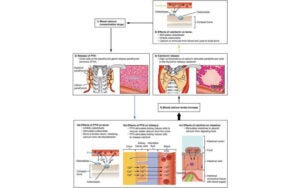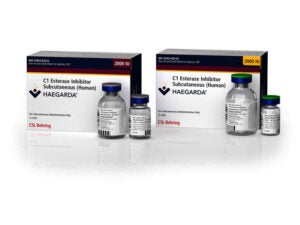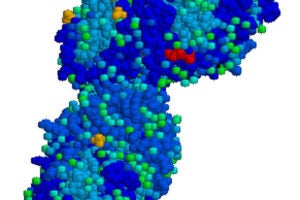Clinical Trial Management


ACPS relies on more than 20 years of experience in providing dedicated, full or partial, high-level services for the time and cost-efficient planning, conduct, analysis and reporting of clinical trials (CT).
CTs are an ultimate test of the development hypothesis that conditions can be identified. A novel medicinal product can be shown to be a safe and efficacious treatment option. Therefore, CTs and the documentation of their orderly planning, conduct, analysis and reporting are essential in the regulatory profiling of new drug products and substances.
CTs expose trial participants to risks and inconvenience with little (while time-limited) or no (while placebo-treated) individual medication-related benefit. This constraint is particularly obvious in early clinical development when investigating healthy subjects or investigating patients with out-of-scope doses.
Therefore, a favourable benefit:risk-relation requires minimising individual risk and maximising group-ethical benefit (for the future treatment of other patients).
The need to optimise and survey the benefit-risk relation of CTs is reflected by mandatory risk-based quality standards of orderly trial conduct, such as the WMA Declaration of Helsinki and good clinical practice (GCP), and the public sanctioning of the compliance with these standards by competent authorities and ethics committees.
For clinical Phase I-II trials, ACPS provides customised A-Z services from trial design and protocol conception to trial reporting & EudraCT-upload thereof.
For clinical Phase III trials, ACPS provides customised services for central CT-coordination, quality management, pharmacovigilance (including set-up and management of data safety monitoring boards), investigator training and support (including set-up of trial-specific interactive web pages), and regulatory compliance, including electronic trial management file (TMF) management.











